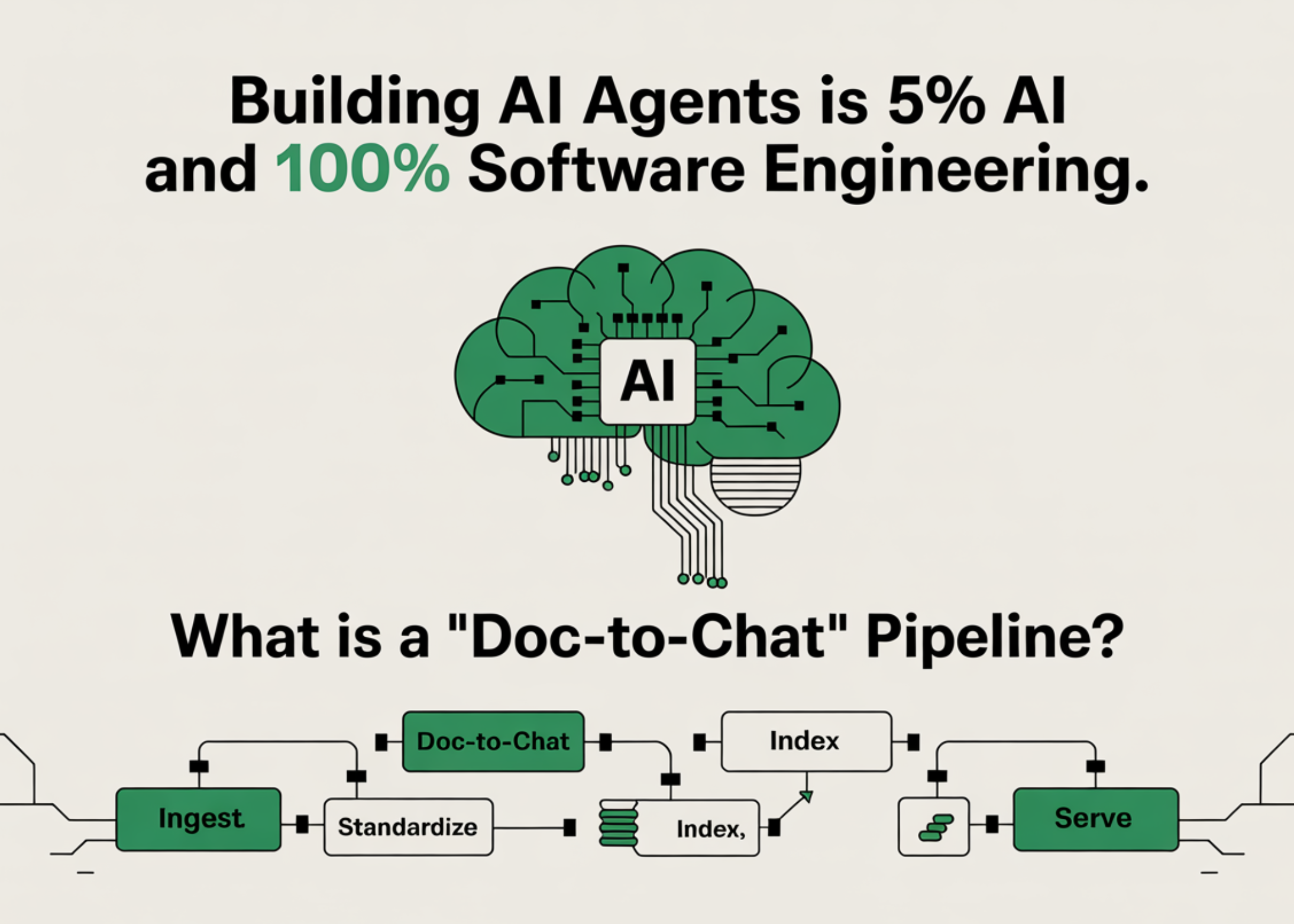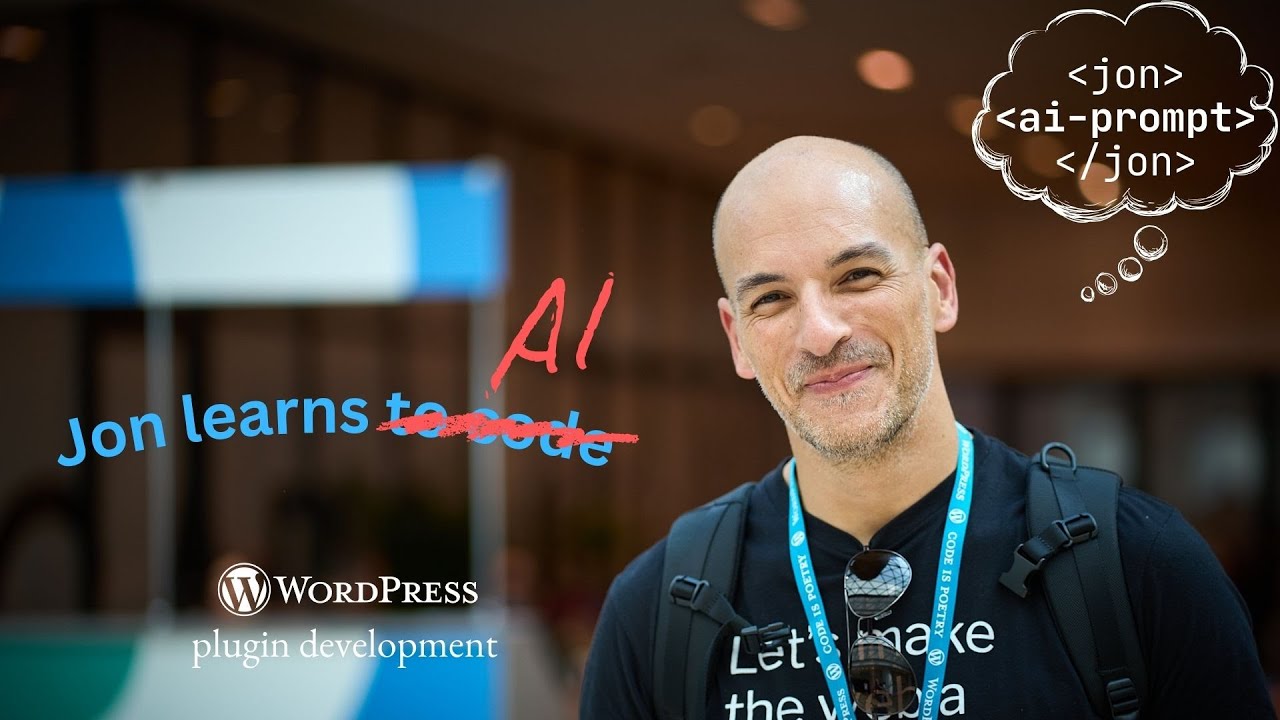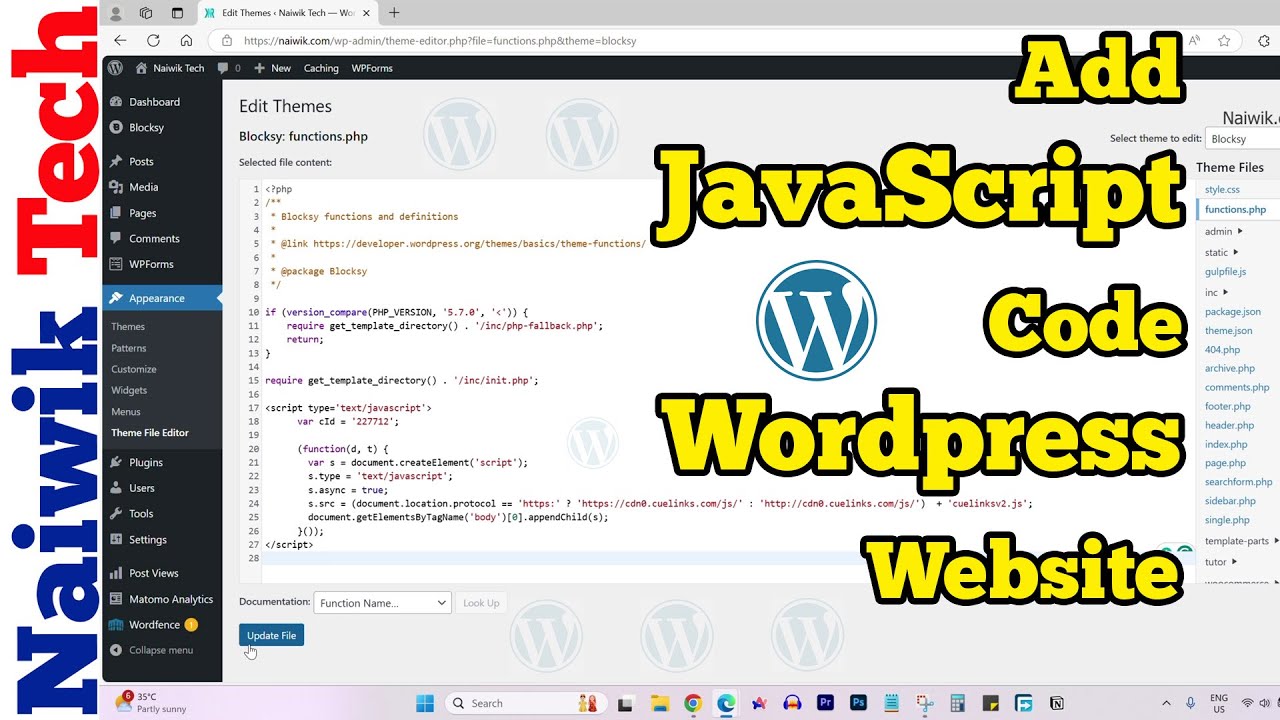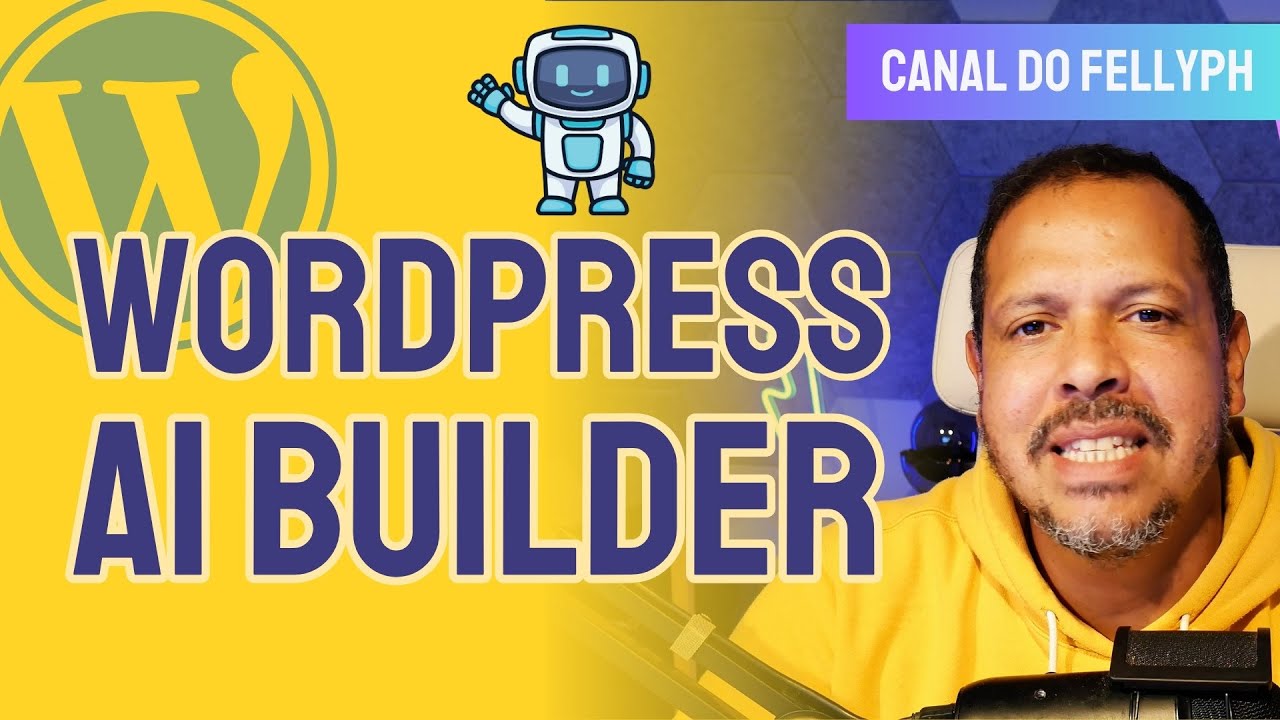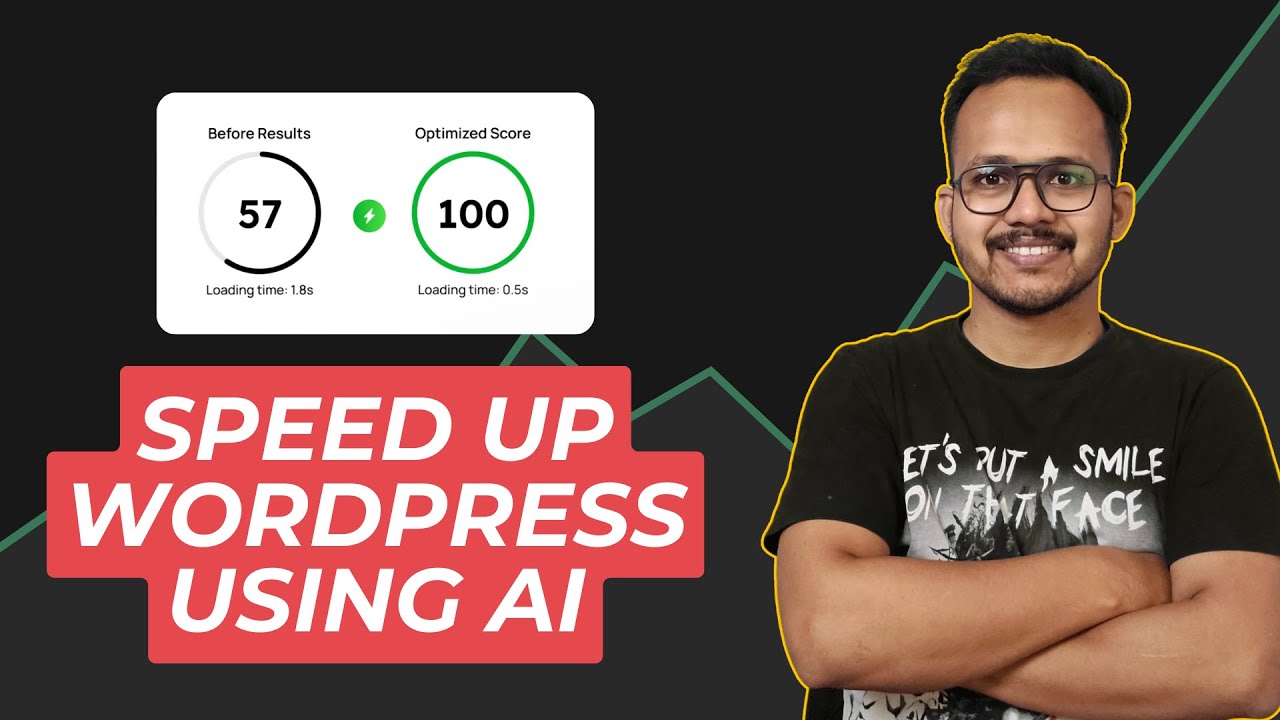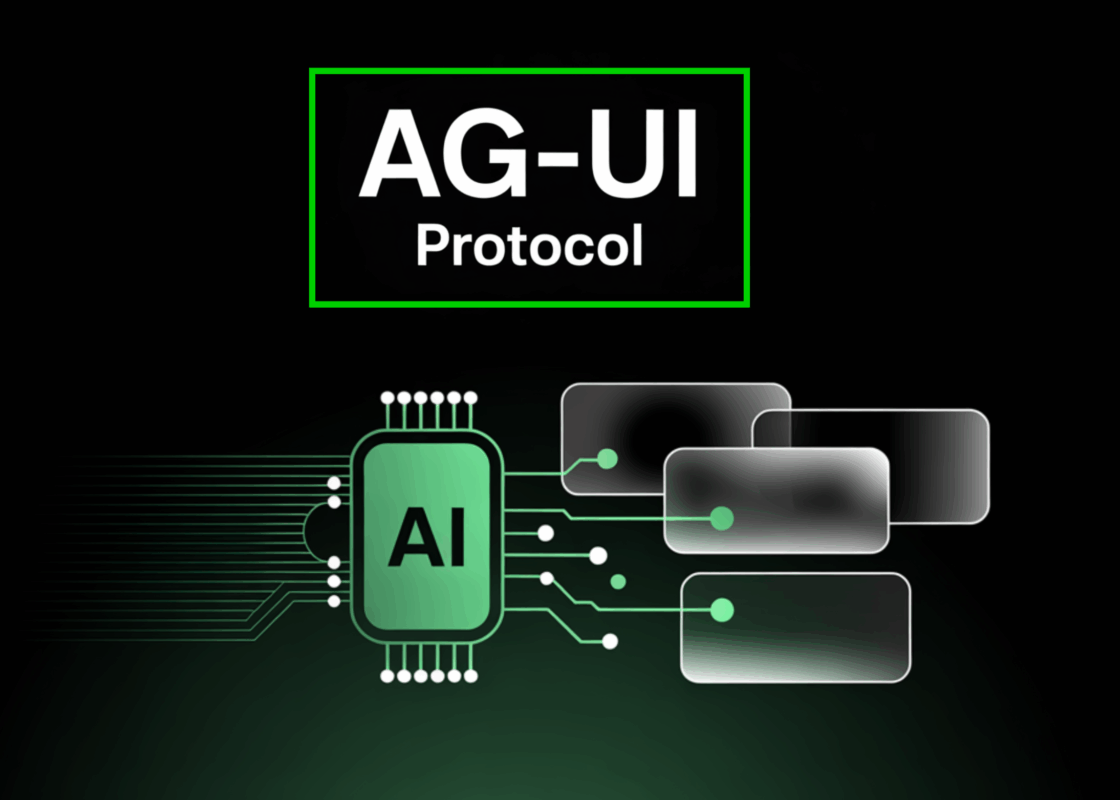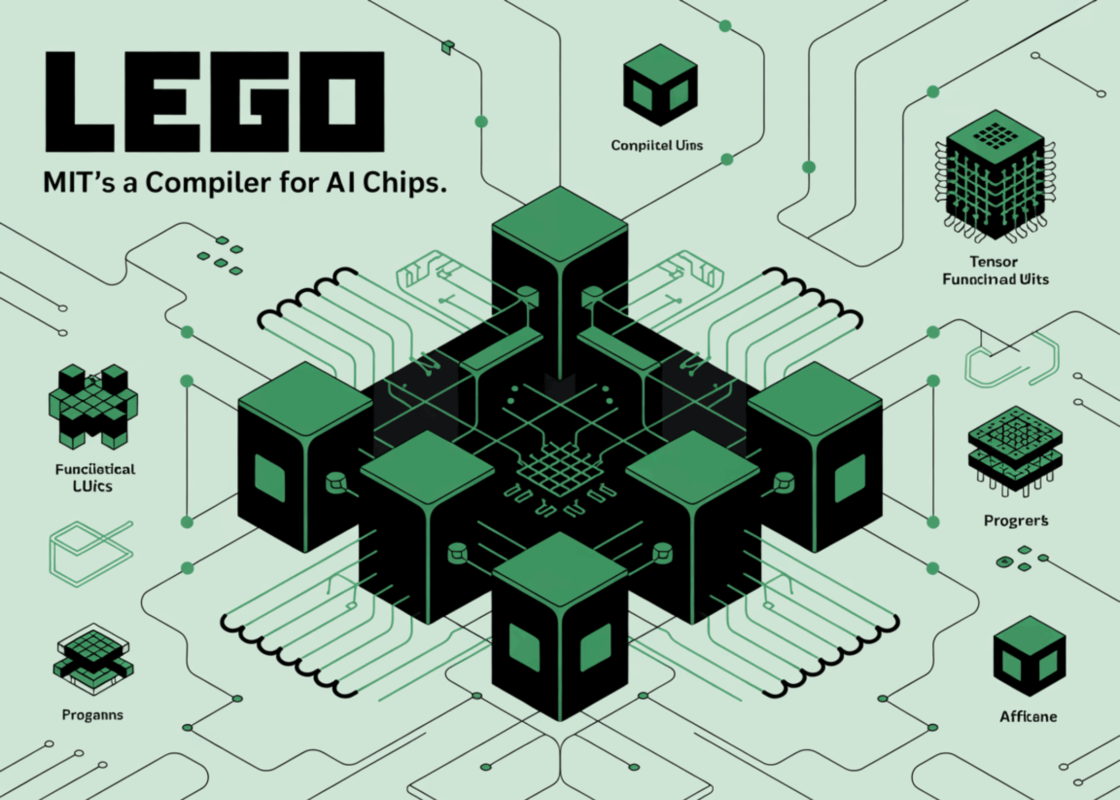Blog
The Intersection of AI and Software Engineering
In today’s rapidly evolving technological landscape, the relationship between artificial intelligence (AI) and software engineering has become increasingly intertwined. As businesses and developers strive to create cutting-edge AI solutions, it’s essential to understand that the process is not solely centered on AI concepts but also heavily relies on robust software engineering practices.
Understanding AI Agents
AI agents are systems designed to autonomously perform specific tasks. They leverage algorithms and computational models to learn from data, make decisions, and adapt over time. While an AI agent’s intelligence is often showcased in decision-making abilities, the foundation of its effectiveness lies in the software that powers it.
The 5% of AI
When we say that building AI agents comprises about 5% AI, it emphasizes that the core algorithms utilized may be sophisticated, but they are just a fraction of the entire development process. The AI algorithms typically fall into three main categories:
-
Supervised Learning: This involves training a model on a labeled dataset, guiding the AI to predict outcomes based on input data.
-
Unsupervised Learning: Here, the model identifies patterns in data without predefined labels, making it ideal for tasks like clustering and dimensionality reduction.
- Reinforcement Learning: This type of learning mimics how humans learn by rewarding desired behaviors, allowing agents to improve through trial and error.
Despite the advanced nature of these algorithms, successful implementation requires deep knowledge of software engineering to truly harness their potential.
The 100% Software Engineering Factor
The remaining 95% of building AI agents hinges on effective software engineering. This includes aspects such as architecture design, coding, testing, and deployment. Let’s break down the critical components that contribute to this engineering-centric approach:
1. Architecture Design
Creating an AI agent starts with a robust architecture. Developers must outline how the AI will interact with other system components. This involves determining the appropriate frameworks, libraries, and tools needed to support the algorithms.
- Microservices Architecture: Leveraging microservices enables developers to build scalable, maintainable AI applications by breaking down monolithic systems into smaller, more manageable components.
- Data Pipelines: Designing efficient data pipelines ensures that AI agents have access to high-quality data for training and inference.
2. Coding Practices
High-quality code is the backbone of any software project. When developing AI agents, engineers must focus on creating clean, maintainable code that adheres to best practices.
- Version Control: Utilizing version control systems like Git allows teams to collaborate effectively and track changes over time.
- Modularity: Writing modular code makes it easier to test, debug, and reuse components across different projects.
3. Testing and Validation
Before deploying AI agents, thorough testing is critical. Various types of testing can be employed to validate the functionality and performance of the AI systems.
- Unit Testing: Testing individual components helps catch errors early in the development phase.
- Integration Testing: Ensures that various parts of the system work together seamlessly, especially when AI interacts with other software components.
4. Deployment and Monitoring
Deploying AI agents into production requires careful planning. Engineers must choose appropriate environments and consider scalability and performance.
- Continuous Integration/Continuous Deployment (CI/CD): Implementing CI/CD practices allows for frequent updates and improvements without causing system downtime.
- Monitoring Tools: Post-deployment, it’s crucial to monitor the AI agent’s performance and gather feedback to make necessary adjustments.
Challenges in AI Development
Developing AI agents is not without its challenges. Software engineers encounter several issues that require innovative solutions:
- Data Privacy and Security: As AI systems handle sensitive information, ensuring data protection is paramount. Compliance with regulations like GDPR is essential.
- Bias in Data: AI algorithms can inadvertently perpetuate biases if trained on flawed datasets. It’s crucial to implement fairness checks and diversify training data.
- Scalability: As usage grows, AI systems must scale efficiently. Engineers need to plan for increased data loads and user demands.
Best Practices for Successful AI Projects
To navigate the complexities of building AI agents, consider the following best practices:
-
Interdisciplinary Collaboration: AI projects benefit greatly from collaboration between data scientists, software engineers, and domain experts. This ensures a well-rounded approach to problem-solving.
-
Ethical Considerations: Always integrate ethical considerations into the development process. Understanding the potential societal impact of AI solutions helps guide responsible innovation.
- Stay Updated: The AI and software engineering fields are constantly evolving. Continuous learning and staying current with the latest technologies and methodologies can greatly enhance project outcomes.
Conclusion
In summary, the development of AI agents encompasses far more than just AI algorithms. While these algorithms form a critical part of the equation, the true success of AI implementations relies heavily on sound software engineering practices. By focusing on architecture, coding, testing, and deployment, developers can create efficient, effective AI agents that meet the demands of today’s technological landscape. Embracing this holistic approach not only enhances innovation but also ensures that AI solutions are robust, scalable, and responsible.
Elementor Pro
In stock
PixelYourSite Pro
In stock
Rank Math Pro
In stock
Related posts
Building a WordPress Plugin | Jon learns to code with AI
How to add custom Javascript code to WordPress website
6 Best FREE WordPress Contact Form Plugins In 2025!
Solve Puzzles to Silence Alarms and Boost Alertness
Conheça AI do WordPress para construção de sites
WordPress vs Shopify: The Ultimate Comparison for Online Store Owners | Shopify Tutorial
Apple Ends iCloud Support for iOS 10, macOS Sierra on Sept 15, 2025
How to Speed up WordPress Website using AI 🔥(RapidLoad AI Plugin Review)
Bringing AI Agents Into Any UI: The AG-UI Protocol for Real-Time, Structured Agent–Frontend Streams
Web Hosting vs WordPress Web Hosting | The Difference May Break Your Site
Google Lays Off 200+ AI Contractors Amid Unionization Disputes
MIT’s LEGO: A Compiler for AI Chips that Auto-Generates Fast, Efficient Spatial Accelerators
Products
-
 Rayzi : Live streaming, PK Battel, Multi Live, Voice Chat Room, Beauty Filter with Admin Panel
Rayzi : Live streaming, PK Battel, Multi Live, Voice Chat Room, Beauty Filter with Admin Panel
$98.40Original price was: $98.40.$34.44Current price is: $34.44.In stock
-
 Team Showcase – WordPress Plugin
Team Showcase – WordPress Plugin
$53.71Original price was: $53.71.$4.02Current price is: $4.02.In stock
-
 ChatBot for WooCommerce – Retargeting, Exit Intent, Abandoned Cart, Facebook Live Chat – WoowBot
ChatBot for WooCommerce – Retargeting, Exit Intent, Abandoned Cart, Facebook Live Chat – WoowBot
$53.71Original price was: $53.71.$4.02Current price is: $4.02.In stock
-
 FOX – Currency Switcher Professional for WooCommerce
FOX – Currency Switcher Professional for WooCommerce
$41.00Original price was: $41.00.$4.02Current price is: $4.02.In stock
-
 WooCommerce Attach Me!
WooCommerce Attach Me!
$41.00Original price was: $41.00.$4.02Current price is: $4.02.In stock
-
 Magic Post Thumbnail Pro
Magic Post Thumbnail Pro
$53.71Original price was: $53.71.$3.69Current price is: $3.69.In stock
-
 Bus Ticket Booking with Seat Reservation PRO
Bus Ticket Booking with Seat Reservation PRO
$53.71Original price was: $53.71.$4.02Current price is: $4.02.In stock
-
 GiveWP + Addons
GiveWP + Addons
$53.71Original price was: $53.71.$3.85Current price is: $3.85.In stock
-
 JetBlog – Blogging Package for Elementor Page Builder
JetBlog – Blogging Package for Elementor Page Builder
$53.71Original price was: $53.71.$4.02Current price is: $4.02.In stock
-
 ACF Views Pro
ACF Views Pro
$62.73Original price was: $62.73.$3.94Current price is: $3.94.In stock
-
 Kadence Theme Pro
Kadence Theme Pro
$53.71Original price was: $53.71.$3.69Current price is: $3.69.In stock
-
 LoginPress Pro
LoginPress Pro
$53.71Original price was: $53.71.$4.02Current price is: $4.02.In stock
-
 ElementsKit – Addons for Elementor
ElementsKit – Addons for Elementor
$53.71Original price was: $53.71.$4.02Current price is: $4.02.In stock
-
 CartBounty Pro – Save and recover abandoned carts for WooCommerce
CartBounty Pro – Save and recover abandoned carts for WooCommerce
$53.71Original price was: $53.71.$3.94Current price is: $3.94.In stock
-
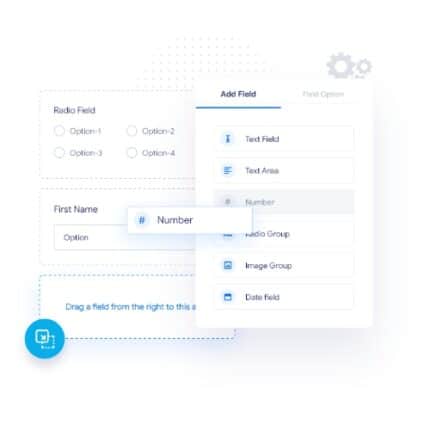 Checkout Field Editor and Manager for WooCommerce Pro
Checkout Field Editor and Manager for WooCommerce Pro
$53.71Original price was: $53.71.$3.94Current price is: $3.94.In stock
-
 Social Auto Poster
Social Auto Poster
$53.71Original price was: $53.71.$3.94Current price is: $3.94.In stock
-
 Vitepos Pro
Vitepos Pro
$53.71Original price was: $53.71.$12.30Current price is: $12.30.In stock
-
 Digits : WordPress Mobile Number Signup and Login
Digits : WordPress Mobile Number Signup and Login
$53.71Original price was: $53.71.$3.94Current price is: $3.94.In stock
-
 JetEngine For Elementor
JetEngine For Elementor
$53.71Original price was: $53.71.$3.94Current price is: $3.94.In stock
-
 BookingPress Pro – Appointment Booking plugin
BookingPress Pro – Appointment Booking plugin
$53.71Original price was: $53.71.$3.94Current price is: $3.94.In stock
-
 Polylang Pro
Polylang Pro
$53.71Original price was: $53.71.$3.94Current price is: $3.94.In stock
-
 All-in-One WP Migration Unlimited Extension
All-in-One WP Migration Unlimited Extension
$53.71Original price was: $53.71.$3.94Current price is: $3.94.In stock
-
 Slider Revolution Responsive WordPress Plugin
Slider Revolution Responsive WordPress Plugin
$53.71Original price was: $53.71.$4.51Current price is: $4.51.In stock
-
 Advanced Custom Fields (ACF) Pro
Advanced Custom Fields (ACF) Pro
$53.71Original price was: $53.71.$3.94Current price is: $3.94.In stock
-
 Gillion | Multi-Concept Blog/Magazine & Shop WordPress AMP Theme
Rated 4.60 out of 5
Gillion | Multi-Concept Blog/Magazine & Shop WordPress AMP Theme
Rated 4.60 out of 5$53.71Original price was: $53.71.$5.00Current price is: $5.00.In stock
-
 Eidmart | Digital Marketplace WordPress Theme
Rated 4.70 out of 5
Eidmart | Digital Marketplace WordPress Theme
Rated 4.70 out of 5$53.71Original price was: $53.71.$5.00Current price is: $5.00.In stock
-
 Phox - Hosting WordPress & WHMCS Theme
Rated 4.89 out of 5
Phox - Hosting WordPress & WHMCS Theme
Rated 4.89 out of 5$53.71Original price was: $53.71.$5.17Current price is: $5.17.In stock
-
 Cuinare - Multivendor Restaurant WordPress Theme
Rated 4.14 out of 5
Cuinare - Multivendor Restaurant WordPress Theme
Rated 4.14 out of 5$53.71Original price was: $53.71.$5.17Current price is: $5.17.In stock
-
 Eikra - Education WordPress Theme
Rated 4.60 out of 5
Eikra - Education WordPress Theme
Rated 4.60 out of 5$62.73Original price was: $62.73.$5.08Current price is: $5.08.In stock
-
 Tripgo - Tour Booking WordPress Theme
Rated 5.00 out of 5
Tripgo - Tour Booking WordPress Theme
Rated 5.00 out of 5$53.71Original price was: $53.71.$4.76Current price is: $4.76.In stock
